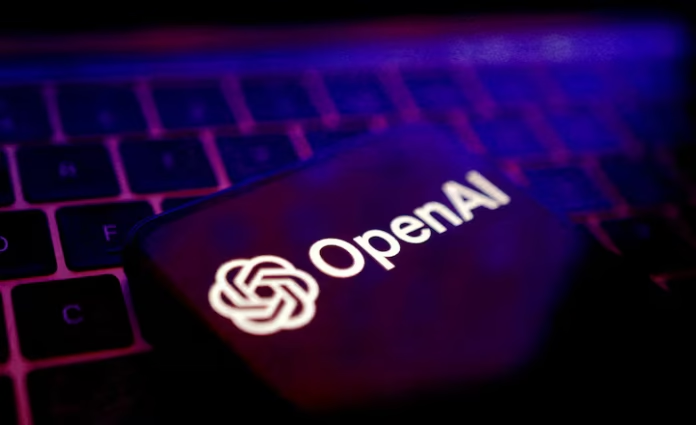OpenAI has announced the acquisition of Statsig Inc., a fast-growing product testing startup, in an all-stock deal valued at approximately $1.1 billion. The transaction, based on OpenAI’s current valuation of $300 billion, highlights the company’s aggressive expansion strategy as it seeks to cement its dominance in the rapidly evolving artificial intelligence sector.
As part of the deal, Vijaye Raji, founder and chief executive officer of Statsig, will join OpenAI as Chief Technology Officer of Applications.
In his new role, Raji will oversee product engineering across OpenAI’s application layer, including its flagship ChatGPT platform and the widely used coding agent Codex.
His responsibilities will extend to developing core systems, scaling infrastructure, and enhancing product performance as the company pushes deeper into enterprise and consumer markets.
The move builds on a string of acquisitions by OpenAI aimed at strengthening both its hardware and software capabilities. Just a few months ago, the company purchased io Products, a startup led by former Apple designer Jony Ive, in a $6.5 billion deal.
That acquisition was focused on developing AI-enabled hardware, while the Statsig deal reinforces OpenAI’s software development and testing toolkit.
Industry analysts say the acquisition will allow OpenAI to integrate Statsig’s experimentation platform directly into its products, helping engineers deploy, monitor, and refine new features at scale.
This could accelerate the pace at which OpenAI rolls out improvements, an advantage seen as critical in a market where rivals such as Anthropic, Google DeepMind, and Meta are racing to capture share.
OpenAI’s financial growth has been remarkable in 2025. Powered largely by ChatGPT’s commercial adoption, the company doubled revenue in the first seven months of the year, reaching an annualized run rate of $12 billion.
According to Reuters reporting, OpenAI is on track to hit $20 billion in revenue by year-end, reflecting surging demand from both enterprises and individual users.
The company is also in discussions to close a tender offer round that could provide employee liquidity and set OpenAI’s valuation at an estimated $500 billion a figure that would firmly position it among the world’s most valuable private technology companies.
Founded in Seattle, Statsig provides tools that allow software developers to test, monitor, and flag new product features before large-scale deployment. Its platform has become popular with engineering teams seeking data-driven decision-making in feature rollouts.
Earlier this year, Statsig raised $100 million in funding, signaling strong investor confidence in its approach.
Following the completion of the deal, OpenAI confirmed that Statsig’s employees will transition to the company but will continue to operate independently from their Seattle office, preserving a degree of autonomy while benefiting from OpenAI’s global reach and resources.
The acquisition is viewed as part of OpenAI’s broader push to diversify its portfolio beyond ChatGPT and strengthen the infrastructure that supports its applications.
By bringing in Statsig’s engineering expertise, OpenAI not only enhances its product development pipeline but also addresses growing pressure to deliver faster, safer, and more innovative AI tools.
With demand for generative AI applications surging worldwide, OpenAI’s move signals its determination to stay ahead in a market where rivals are aggressively raising funds and scaling operations. For example, Anthropic recently secured $13 billion in new funding, more than doubling its valuation to $183 billion.
Meanwhile, Meta and Google continue to integrate generative AI into their core products, intensifying the race for market leadership.
For OpenAI, the addition of Statsig marks both a tactical and symbolic win. By acquiring a company built around rigorous testing and rapid feature deployment, OpenAI strengthens the backbone of its innovation strategy.
With Raji at the helm of applications, the company appears well-positioned to scale its offerings while preparing for even broader adoption across industries.



